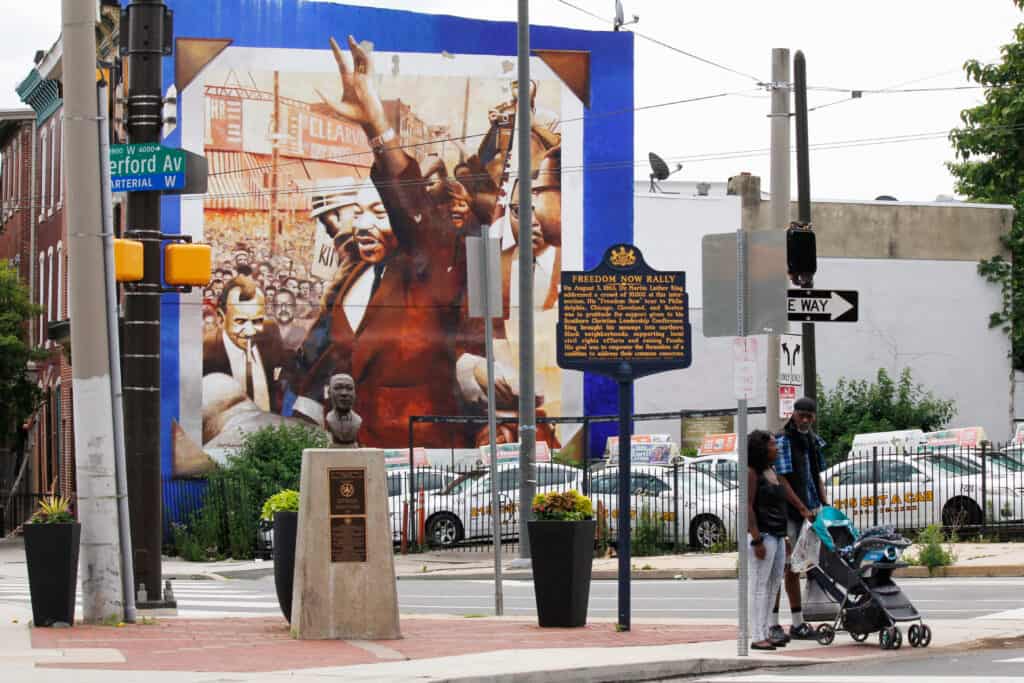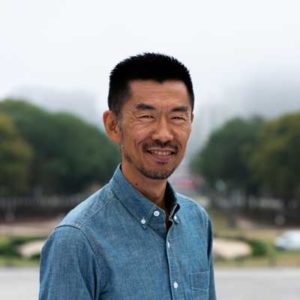Over the past year, we have been working on a project called “Educating Urban Ministers in Philadelphia After 2020.” It was prompted by the recognition that the events of 2020–the COVID-19 pandemic, socioeconomic and political upheavals, a rapidly changing culture–represented a watershed moment in our society and thus in our approach to theological education. The Journal’s home institution, Missio Seminary, moved into the heart of Philadelphia from semi-rural Hatfield immediately prior to 2020, and now finds itself dealing with a double disorientation–a move to the city and the events of 2020. The seminary has had to learn to cope with many changes at multiple levels, all at once. In order to better navigate these changes, we held a series of three colloquia from December, 2021 to May 2022, featuring researchers and practitioners, who would present various aspects of changes to seminary education that 2020 necessitated and respond to those presentations, as well as hear from focus groups on how various areas of church and mission have been altered. Although many of the issues discussed are pertinent to the national, even global, context, we found that we needed to focus quite narrowly on the Philadelphia metropolitan context because of our belief that training missional leadership needs to be highly contextual. Still, we hope that institutions that train missional leadership in other contexts will still find items of value here for them also–please feel free to eat the meat and throw away the bone.
This special issue collects the presentations, responses, and reports on focus groups from the three colloquia. As has now become the norm for many such gatherings, these colloquia were all conducted via Zoom–a lifeline that enabled us to connect with each other during shutdowns, and, through these colloquia, learn from each other. I hope that what you will find are the beginning sketches of a way forward for a faithful missional education in the radically changed context that 2020 has laid bare. What we see is an emerging picture of a theological education that must address the injustices and inequities of our world, the racial traumas and the pandemic traumas that have wounded the church, the spiritual health of pastors and church leaders, the worldviews of newer generations, the changing shape of pastoral ministry and church life, etc. Reforms and paradigm shifts appear to be ahead, and doubtless this will be a conversation that will continue with urgency into the foreseeable future. May the Spirit of the missional God guide those conversations, so that what results might be an approach to education and discipleship that is faithful to the calling of God’s mission for our time and place.
This project was made possible by a generous financial support from the Ministry in the City HUB of the City Seminary of New York and the Lilly Endowment. Thank you!
Here then, are the articles in the special issue on “Educating Urban Ministers in Philadelphia After 2020” (and links to them):
From December 1, 2021 Colloquium:
- “Deeper Crises in the Church That Surfaced Post-2020” by Larry L. Anderson, Jr.
- “Response: Deeper Crises in the Church That Surfaced Post-2020” by Daniel Hyun
- “The Impact of George Floyd’s Murder on the Church” by Kimberlee A. Johnson
- “Response: The Impact of George Floyd’s Murder on the Church” by D. Kyle Canty
- “Racial Ramifications of 2020” (focus group) by Esther Chiang
- “How 2020 Affected Women in the Church” (focus group) by Shayna Harvey
From March 2, 2022 Colloquium:
- “Localized Incarnational Ministry After 2020” by Carlos Worthy
- “Response: Localized Incarnational Ministry After 2020” by Drew Angus
- “Youth Ministry After Covid-19” (focus group) by Jeremy Chen
- “Hispanic Churches After 2020” (focus group) by David Medina
- “How Lives Changed for Pastors After 2020” (focus group) by Chad Hinson
From May 4, 2022 Colloquium:
- “Renewed Relevance of Theological Resources” by R. Todd Mangum
- “Response: Renewed Relevance of Theological Resources” by Duane A. Belgrave, Sr.
- “Mental Health Needs of Urban Communities” by Desiree Guyton
- “Response: Mental Health Needs of Urban Communities” by Monica Kim
- “Development and Shifting of Urban Culture” by Rubén Ortiz
- “New Shape of Ministry Leadership and Innovations in Ministry” by J.R. Briggs
- “Response: New Shape of Ministry Leadership and Innovations in Ministry” by Grant Hofman
- “Seminary Life and the Future of Theological Education in Philadelphia from the Student Perspective” by Ryan Egli
Shalom,
Kyuboem Lee (with Susan S. Baker and Kimberlee Johnson)
Philadelphia, USA

